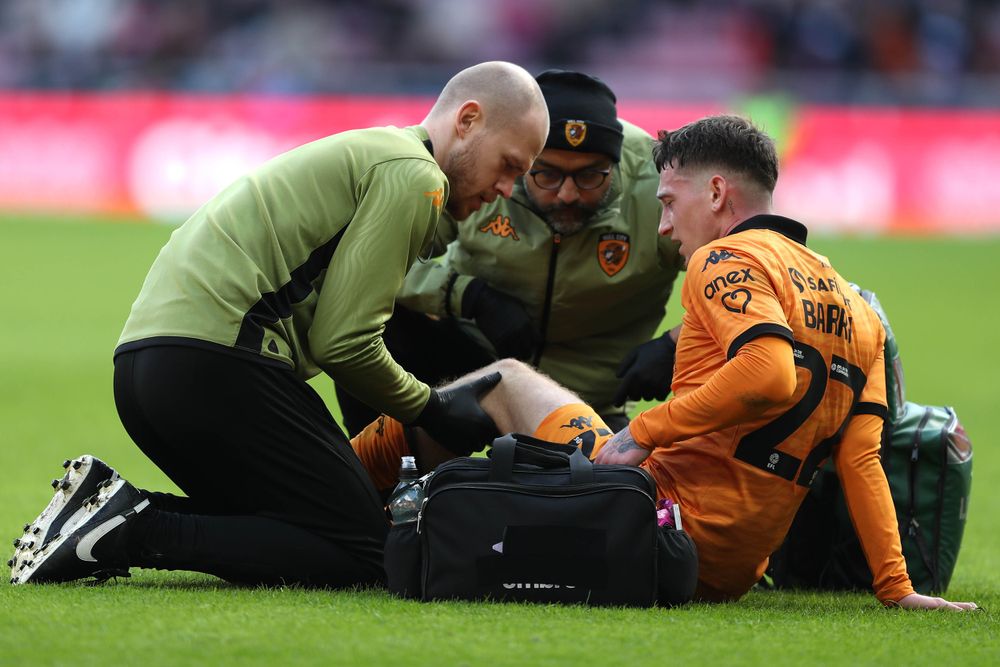Army backtracks on teen rejected over breast-cancer gene
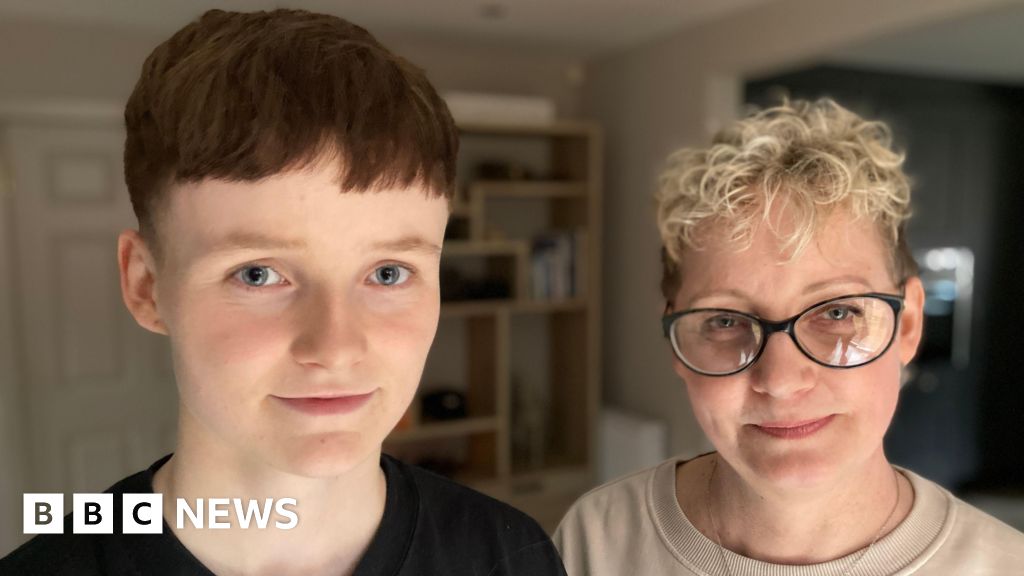
 BBC
BBCThe Army has said it will now accept a 17-year-old recruit after previously rejecting her because two members of her family have had breast cancer.
Carys Holmes, from Derbyshire, has a 50-50 chance of inheriting a gene fault from her mother but has not been tested for it yet.
A lawyer had said the Army’s actions could have been discriminatory and a serious own goal.
Carys has now been told she can start basic training in October.
Carys trained hard for the tough three-day selection process at Whittington Barracks, near Lichfield, in Staffordshire, and her work paid off.
She passed the fitness and cognitive tasks with flying colours.
But near the end of the process, Carys was taken aside and told she was being rejected because of an “extensive” history of breast cancer in her family.

“I’d quit my job to train for it and everything,” Carys says.
“I just felt so crushed, like, ‘This is it – it’s over.’
“I put all my dedication into getting in.
“And then it just felt like something so little like that, it just ruined it all.
“It really upset me.”
 Jo Wilson
Jo WilsonBoth Carys’s aunt and mother had the Brca1 gene fault, which increases the risk of breast cancer.
Her aunt died of the disease and her mother, Rachael, is currently being treated for it.
Carys and Rachael asked NHS genetic counsellors to assess Carys’ chances of developing breast cancer should she have inherited the gene variant.
Her risk of developing it by the age of 30, they suggested, could be:
- 1.9% with the gene
- 0.1% without.
Based on these findings, Carys appealed against the Army’s decision but was unsuccessful.
Rachael is hurt her daughter has been rejected because of an unknown quantity.
“Having this gene doesn’t guarantee she’s going to get breast cancer,” Rachel says.
“And even if she did have the gene, she can take steps against that.
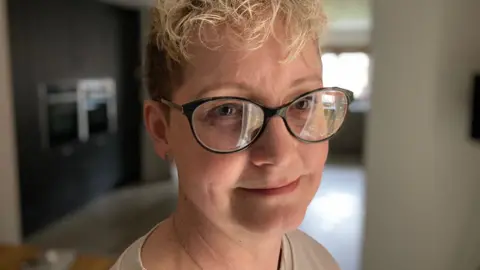
“It’s really short-sighted of them, bearing in mind how they are crying out for recruits.”
The Army’s medical policy on recruitment refers to some disorders that can be passed on in families but there is no mention of inherited breast cancer.
People who have been treated for cancer, cured and discharged from medical care can still join up, the policy says.
Over the past five years, the Army has rejected 125,861 applicants, according to the UK Defence Journal – more than 76,000 on medical grounds.
Asthma and back, eye or psychiatric problems can all be grounds for rejection.
But Centre for Military Justice director and lawyer Emma Norton says Carys’ case is very unusual.
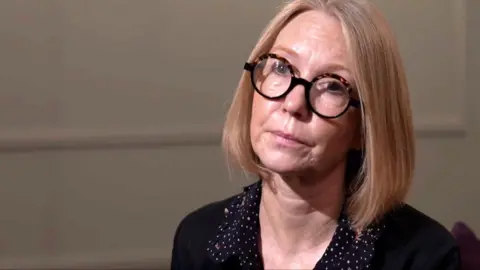
“If the Army is operating a blanket policy of automatically excluding applications from all women who have a history of breast cancer in their family, that would appear, on the face of it, to be unlawful because it is discriminatory and may even amount to a human-rights violation,” she says.
“And this is at a time when the Army really should be doing all that it can to improve its reputation amongst women and encourage more and more young people to join up.
“It does seem to be a very serious own goal.”
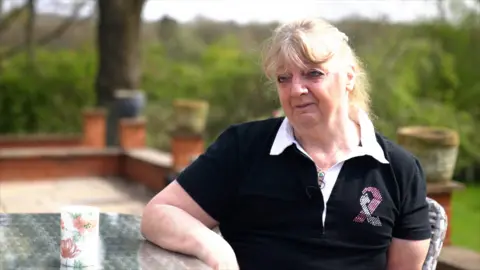
Wendy Watson, who set up a national helpline for people with a family history of breast cancer, agrees Carys’ case is one of sex discrimination, as men can also carry the gene fault and develop the disease.
Some women with the gene variant have preventative mastectomy (breast removal).
If a candidate appears at risk of a specific genetic disorder, the occupational physician responsible for recruit selection will assess the risk and its likely impact on the candidate’s health and safety in a military workplace – normally, without the need for genetic testing, the Army says.
Last week, the Army told Carys it would review its decision.
A spokesperson said, “We can confirm that we’re reviewing the circumstances of this case and have contacted the individual to explain what’s happened and apologise.
“The issue is now being managed by the Army’s head of recruiting, personally.”
On Friday, after we published our story, Carys has been offered a place in the Army and can start basic training in October.
In a statement the Army admitted there had been a mistake and said there was no policy of discrimination.
“Following a review of her case, it was concluded that she was wrongly told that she had been rejected as medically unfit.
“She has now been passed medically fit to join the Army and her application is being processed.
“This was a process mistake and not a policy of discrimination
“Whilst a candidate may be referred to occupational physicians for their case to be reviewed, a candidate who presents with the BRCA1 gene would not routinely be rejected from joining the Army.”
Speaking to Anita Rani on BBC Radio 4’s Woman’s Hour, Carys said she was concerned the mistake the Army medical assessors made in her case would not have been noticed had it not been for the publicity around her case, but she is excited to start her training.
Related
Barry Fitness Update
HULL CITY Tickets Store Sign In NewsMatchesTeams NewsTigers+MatchesTeamsTicketsShop OFFICIAL CLUB APPS Fans First Time Vis
David Beckham Opens Up About Turning 50, Finally Mastering Pull-Ups,…
To watch David Beckham strike a trademark free kick with the instep of his right foot, bending the ball around a defensive wall and into the postage stamp of th
UP CLOSE: How a Kenilworth bootcamp became one of the…
Fostering a community atmosphere and putting fitness first are the secret to success for one of the UK's biggest independent gym chains, w


